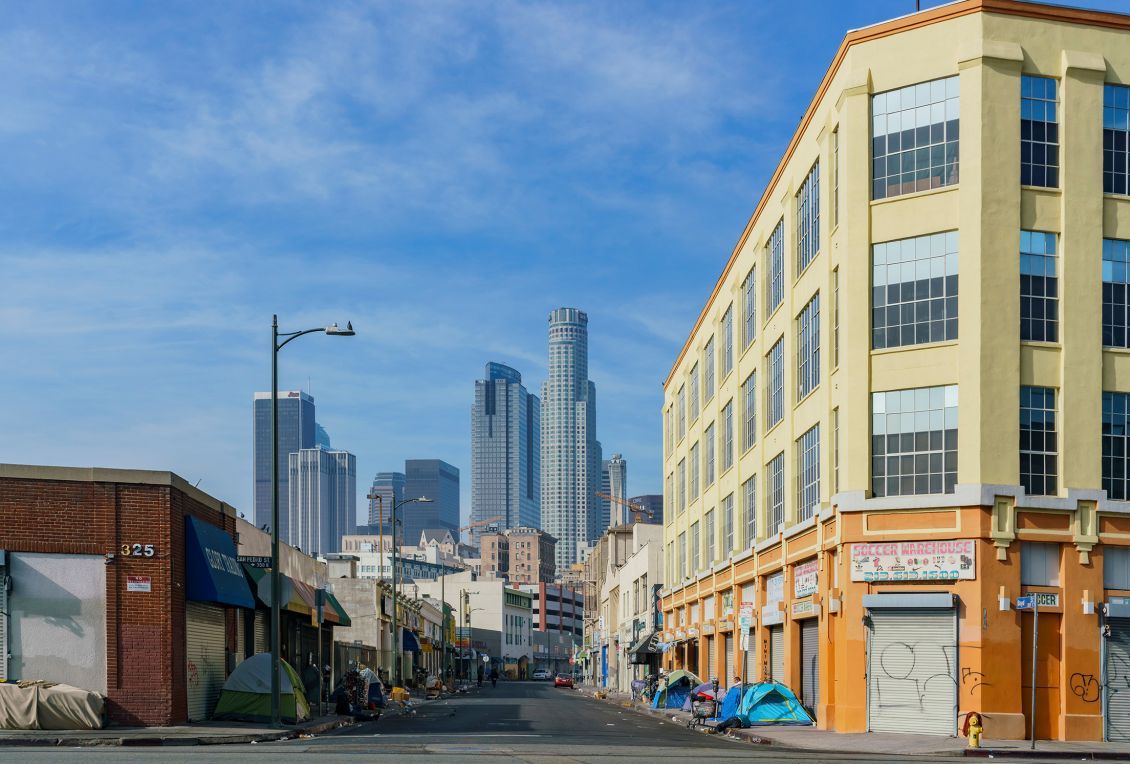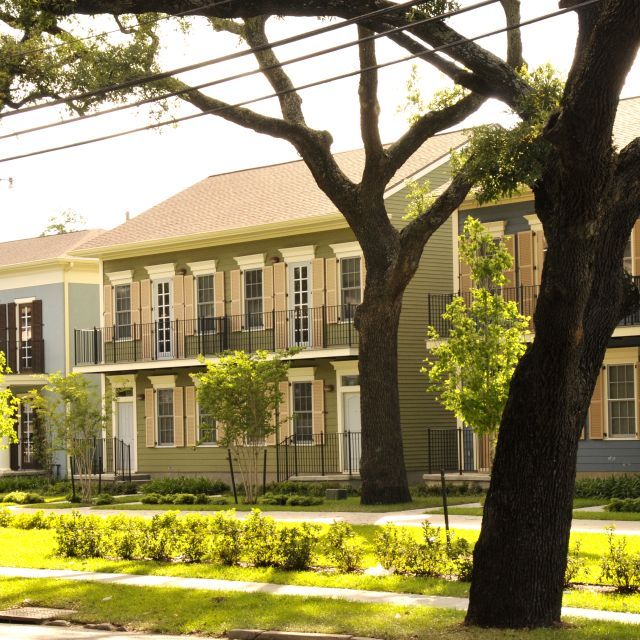Today, the U.S. Supreme Court issued its decision on City of Grants Pass, Oregon v. Johnson. In a disappointing ruling, the Supreme Court decided that the U.S. Constitution does not protect people against cruel and unusual punishment for sleeping outside, even if they have nowhere else to go. This decision doubles down on phony fixes like ticketing and arresting people experiencing homelessness and stands to further stymie the ability of individuals to secure employment, housing, or government support. Let’s be clear, phony fixes won’t end homelessness in America — housing will.
We, as a nation, have created the conditions for the record-setting homelessness crisis. There is inadequate funding at every level of government to support people experiencing homelessness and to provide the permanent supportive housing that we need. There's inadequate support for all the other pieces we need to solve this challenge.
We’re also up against stark narratives that try to lay the blame at the feet of those suffering. But let’s be clear, homelessness is not a result of individual failings, but by the end stage failure of our housing system. When we see one of our neighbors sleeping on the streets or in a shelter, there are hundreds if not thousands who we don't see – who are sleeping on couches, or doubled up, or struggling, not putting food on the table, not being able to buy clothing for their kids, because they're paying 50 or 60% of their income towards rent.
Our nation’s severe shortage of affordable housing affects all of us and it’s leaving record numbers of Americans without a place to turn. Research by scholars Gregg Colburn, Clayton Aldern, and many others makes it clear – homelessness is a housing problem at its core.
The Challenge
Homelessness is rising in 41 states across the country, and last year, we saw the highest number of people experiencing homelessness on record — more than 653,100. The problem is not just in New York and on the West Coast, but also in Boise, Idaho, Bozeman, Montana, and in rural communities in New Mexico. It is reaching communities that have been affordable before.
Part of the challenge, underscored by the Grants Pass case, is that as the number of our neighbors sleeping on the streets and in shelter rises, too many people are losing hope and forgetting that homelessness is a solvable problem. When that happens, they turn away. Even worse, they turn to criminalization, to bulldozing, tactics that are cruel and callous. And, as we wrote in two amicus briefs to the Court — one from Enterprise and one in my personal capacity — they're completely ineffective in ending homelessness.
In Los Angeles, nearly all encampments re-emerged after a city ordinance outlawed them, and 81% of encampments had people return to them after eviction. Research and common sense make plain that fines and arrests only push people deeper into poverty and homelessness and disproportionately harm BIPOC communities and other marginalized groups.
Even still, a small cynical group of supposed advocates has been pushing for camping bans, coerced treatment, institutionalization, and criminalization, advancing harmful legislation in at least 14 states. The Grants Pass v. Johnson ruling only serves to exacerbate distorted narratives and perpetuate phony fixes for homelessness.
The Charge
The real fix to homelessness is getting people into homes with supportive services. When we pair concrete solutions with compassionate care, we see long term housing stability – which means fewer cycles in hospitals, through the prison system, and through substance abuse programs. A 2021 study showed that prioritizing housing with services decreased homelessness by 88%, and an independent CDC panel found that for every dollar invested in Housing First, taxpayers realize $1.44 in savings.
When we put those solutions together with larger strategies, we can reduce, and even end homelessness. I've seen it with my own eyes when I was HUD Secretary. We put together the Opening Doors plan, and across the eight years of the Obama administration, we reduced chronic homelessness by a third, family homelessness by a third. We cut veteran homelessness in half, and in over a hundred cities and states around the country, we ended veterans' homelessness – not reduced, ended it.
When federal, state, and local leaders align, we make real progress. Even in this moment of record levels of homelessness, there are bright spots around the country. Houston has reduced homelessness by 62% since 2011. Newark reduced homelessness by 57%. Chattanooga reduced unsheltered homelessness by 40%. Minneapolis reduced homelessness among people with the most severe needs by 36% in just two years, and this year, Dallas announced that it effectively ended veteran homelessness.
This is a solvable problem. It’s going to take investment, but also massive coordination and laser-like focus. It’s going to take building a coalition of businesses, faith leaders, advocates, and allies, sometimes unlikely ones to rally support and urge our leaders to act. So far this year, 25 governors in red and blue states have stood up and made housing a central part of their state of the state speeches.
We're seeing coalitions on land use and zoning come together to say we’ve had it with people saying not in my backyard. Florida just passed legislation, Montana just passed sweeping legislation, along with blue states like Minnesota, New York, California and others. There is a growing movement saying we need to allow more housing to be built and make it more affordable.
We have to put more resources in, harnessing federal dollars, subsidies, matching grants, and philanthropic dollars to rapidly rehouse people into supportive homes. With the right combination of public funds, private financing, tax credits, and local support we can chart a future where all Americans have a home they can afford.
Read my statement on the Grants Pass v. Johnson ruling.


